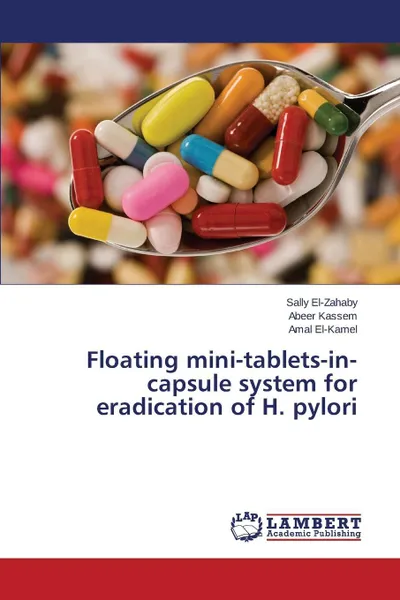Floating Mini-Tablets-In-Capsule System for Eradication of H. Pylori 12+
2014
136 страниц
Категория: Литература на иностранных языках
ISBN: 9783659552502
Язык: Английский
📒 The treatment of H. pylori remains a challenging clinical problem despite extensive research over the last 25 years. Levofloxacin (LVF) is safe and effective in first, second, and third line H. pylori eradication. Eradication rates were over 90% for the LVF based therapy. Conventional tablets or capsules have insufficient gastric residence time to treat H. pylori. Recently, gastroretentive systems for treating H. pylori have shown special interest. The prolongation of the local availability of the antibacterial agents has been reported to be an important factor to increase the effectiveness of H. pylori treatment. This will ensure a high drug concentration in the gastric mucosa for better microbial eradication. Gastric retention could be achieved by the use of floating systems, which are either based on an inherently low density material or on effervescence. Effervescent and non-effervescent mini-tablets (4 mm) formulations containing 250 mg LVF were prepared either by direct compression or wet granulation techniques. A radiological method was adopted to monitor mini -tablets in the stomach of humans which proved that prolonged gastric residence could be obtained.
Мнения
